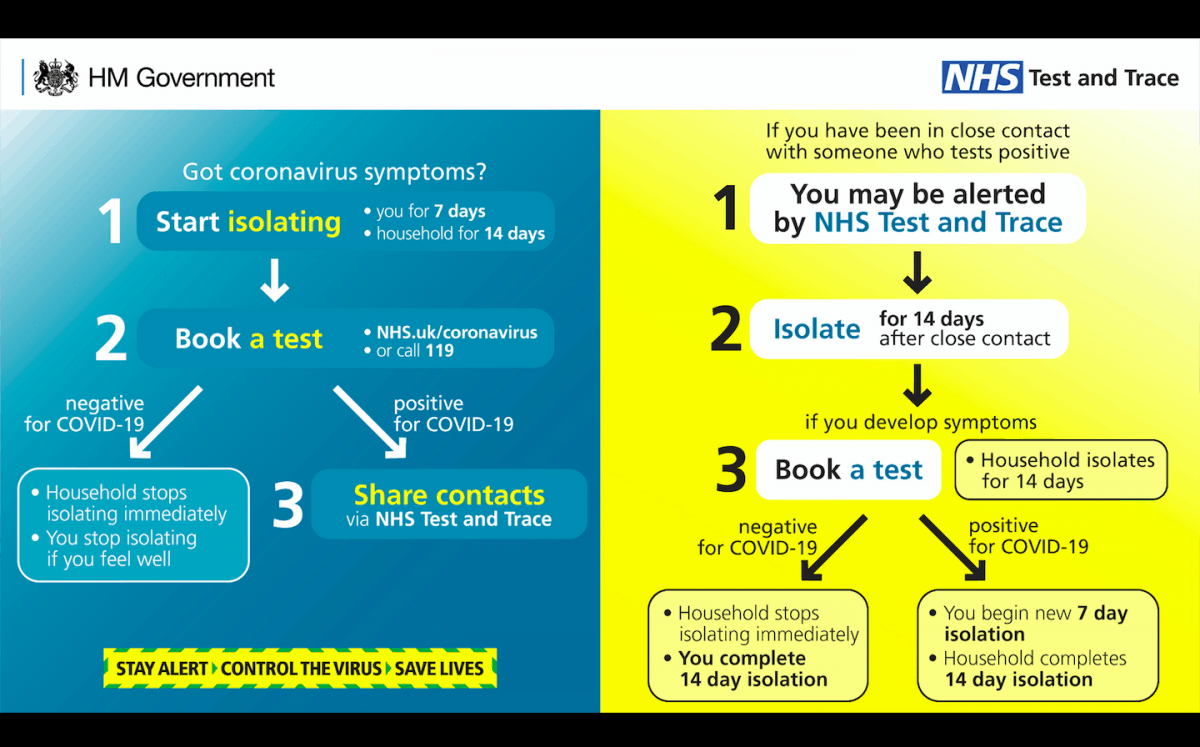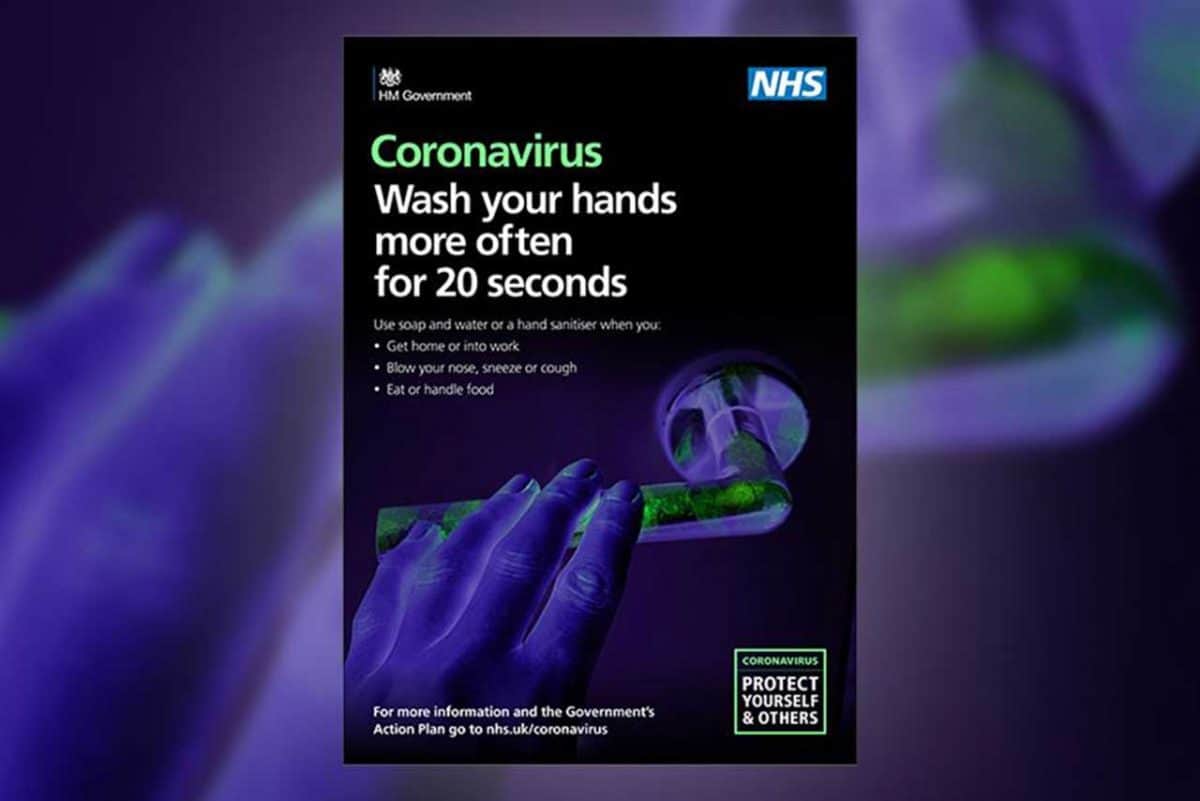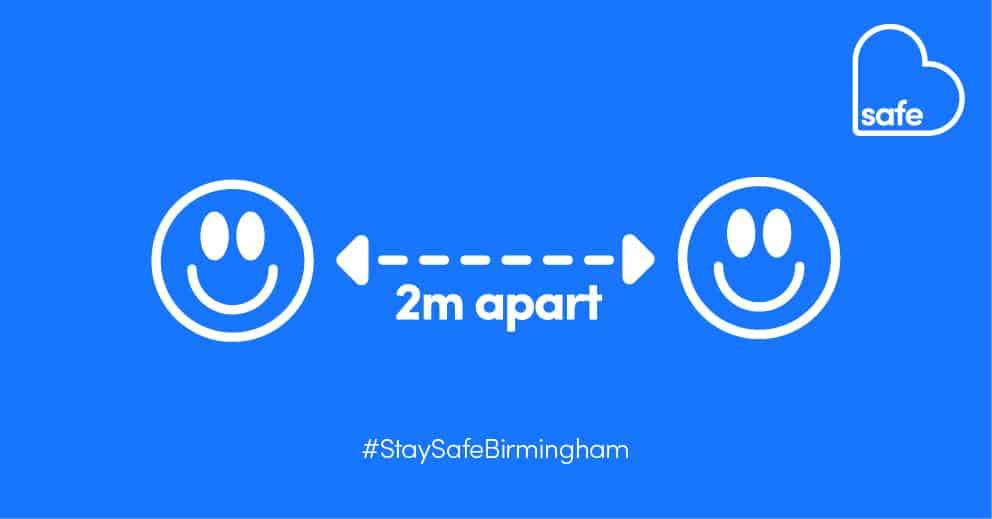Reopening of Licensed Premises
Reading Time: 6 minutes
Reopening of Licensed Premises ahead of 4th July 2020
Following Government guidance that non-essential shops can reopen from 15 June, certain licensed and similar premises are now allowed to reopen. The Government has released detailed guidance for the hospitality sector to adhere to. It’s important that you read this guidance carefully to ensure you can reopen safely. View the guidance here.
In anticipation of the reopening for certain license holders, we’ve summarised the guidance into 12 sections below. This is only a summary – and it’s important that you read the full Government guidance to ensure you reopen safely.
Support for the hospitality sector, including a new discount scheme for customers and changes to VAT can be seen at the bottom of the page.
1. COVID-19 Risk Assessment
COVID-19 is a public health emergency. Everyone needs to assess and manage their own risks of COVID-19 that are relevant to their own business. In particular, businesses should consider the risks to their workers and customers. As an employer, you also have a legal responsibility to protect workers and others from risk to their health and safety. This means you need to think about how to reasonably aim to minimise these risks, recognising you cannot completely eliminate the risk of COVID-19.
It is therefore imperative that you conduct a COVID-19 Risk Assessment on your business. Information on completing your Risk Assessment can be read here: https://www.hse.gov.uk/coronavirus/working-safely/index.htm
2. Supporting the NHS ‘Test and Trace’ service
How will you securely record the personal details of customers to assist with the NHS ‘Test and Trace’ service? You should assist this service by keeping a temporary record of your customers and visitors for 21 days, in a way that is manageable for your business, and assist NHS ‘Test and Trace’ with requests for that data if needed.

3. Check your licence
It is incredibly important to check what your license permits and what it prohibits. Does the license contains any condition that would prevent you from opening in the way you had envisaged? For example, does your license permit off-sales? Is there a condition preventing customers leaving the licensed area with open drinks containers? If there is, this could limit your custom. To check your licence on the public register, visit: www.publicregister.birmingham.gov.uk.
You may need to make changes to your licence or submit a Temporary Event Notice. To apply for licence variations or Temporary Event Notices, visit: https://www.birmingham.gov.uk/licensing
4. Outside eating and drinking – New Pavement Licences
Birmingham City Council are currently working with the Government on guidance with regards to licensing and allowing restaurants, pubs and bars to operate – where possible – on footpaths to facilitate social distancing requirements. As soon as this guidance is fully developed, we will make this available to you.
Draft Guidance
The draft guidance from Government on pubs and cafés opening safely on July 4th – including the proposed new temporary Pavement Licences – can be seen in the two links below.
The guidance will allow businesses like pubs, restaurants and cafes to place removable furniture on footpaths outside their premises. The main attributes of the licenses are:
- The fee is capped at £100
- The consultation period is only 5 working days
- Applications not decided in 5 working days will be deemed to have been granted
- The licence is for a year but not beyond 30 September 2021
- Any business which uses (or proposes to use) premises for the sale of food or drink for consumption (on or off the premises) can apply for a licence
- If a business does not already have an alcohol license or is not registered to sell food and drink, it will still need to apply for these.
- The licence is deem to be planning permission so this is not required when a licence is granted
The furniture that can be used is:
- counters or stalls for selling or serving food or drink
- tables, counters or shelves on which food or drink can be placed
- chairs, benches or other forms of seating
- umbrellas, barriers, heaters and other articles used in connection with the outdoor consumption of food or drink.
An outline of the draft guidance for the New Pavement Licenses can be read here.
5. PSPO
Is your premises in an area subject to a Public Space Protection Order (PSPO)? If so, does that PSPO restrict the consumption of alcohol? If you are planning to offer outside seating and take-outs, the PSPO may limit what you can and cannot offer. To view Public Space Protection Orders, visit: https://www.birmingham.gov.uk/downloads/download/2629/public_space_protection_orders
6. Cleaning and hand-washing
It’s important that you read the Government guidance on hygiene in food preparation and food service areas: https://www.food.gov.uk/business-guidance/reopening-checklist-for-food-businesses-during-covid-19
You must have sufficient arrangements in place for cleaning, hand-washing and toilet facilities. Public toilets, portable toilets and toilets inside premises should be kept open and carefully managed to reduce the risk of transmission of COVID-19.
You also need to ensure that signs and posters are displayed that will build awareness of good hand-washing technique, the need to increase hand-washing frequency and to avoid touching your face.
When cleaning, use normal cleaning products but pay close attention to frequently hand touched surfaces, and also consider using disposable cloths or paper roll to clean all hard surfaces.

7. Serving food
You need to ensure that you are minimising customer self service of food, cutlery and condiments to reduce the risk of transmission. For example, you should only be providing cutlery and condiments only when food is served and either using only disposable condiments or cleaning non-disposable condiments after each use.
Indoor table service must be used where possible, alongside further measures such as assigning a single staff member per table. Outdoor table service should also be encouraged, although customers are permitted to stand outside if distanced appropriately. Where bar or counter service is unavoidable, you need to prevent customers from remaining at the bar or counter after ordering.
8. Weather
What will you do if it rains? Government guidance now suggests that you should make it clear to customers they will not be permitted inside in inclement weather.
You should put plans in place for maintaining social distancing guidelines (2m, or 1m with risk mitigation where 2m is not viable, is acceptable) in the event of adverse weather conditions, being clear that customers cannot seek shelter indoors unless social distancing can be maintained.
9. Queuing
Socially distanced queues may stretch to public highways, meaning you need to assess the impact on neighbouring businesses and residents. Outside queues must not cause a risk to individuals, other businesses or additional security risks. Measures should be put in place to mitigate these risks. These could include introducing queuing systems, having staff direct customers and protecting queues from traffic by routing them behind permanent physical structures such as street furniture, bike racks, bollards or putting up barriers.
10. Social distancing
Can you accommodate social distancing of 2m? If 2m is not viable, what risk mitigations will you put in place? This needs to be in your risk assessment. (You still must ensure a minimum of 1m even with risk mitigation).

11. Entertainment
At this time, venues should not permit live performances, including drama, comedy and music, to take place in front of a live audience. This is important to mitigate the risks of aerosol transmission – from either the performer(s) or their audience. The Government will be issuing further guidance setting out how performing arts activity can be managed safely in other settings, for instance rehearsing or broadcast without an audience.
Bars and restaurants should be preventing entertainment, such as broadcasts, that is likely to encourage audience behaviours increasing transmission risk. For example, loud background music, communal dancing, group singing or chanting.
12. PPE
When managing the risk of COVID-19, additional PPE beyond what you usually wear has been shown to not be beneficial. This is because COVID-19 is a different type of risk to the risks you normally face in a workplace, and needs to be managed through social distancing and not through the use of PPE. Workplaces should not encourage the precautionary use of extra PPE to protect against COVID-19 outside clinical settings or when responding to a suspected or confirmed case of COVID-19.
Hospitality Support
- Eat Out to Help Out Scheme
The Scheme allows a food and drink business to offer a 50% discount, up to a maximum of £10 per person to diners, in the hope to encourage them to eat at your restaurant.
The Scheme can be used all day, every Monday, Tuesday and Wednesday from 3 to 31 August 2020. Alcoholic drinks aren’t included, and you claim the money back from the Government.
There is no limit to the number of times customers can use the offer during the period of the scheme. Your customers cannot get a discount for someone who is not eating or drinking.
- Cut to VAT
As of 15th July, VAT for the hospitality and tourism sectors will be cut from 20% to 5% .
